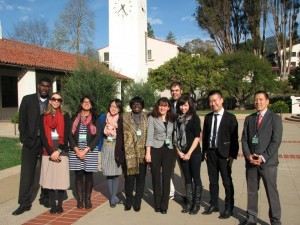
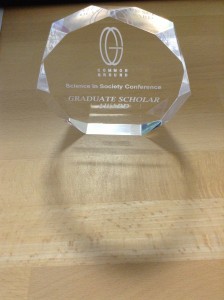
Sheetal Sharma, HSC presented at the Science in Society conference (SiS) at Berkeley University in November 2012 where she received a Graduate Scholar Award http://science-society.com/the-conference/graduate-scholar-award
As a PhD student presenting it’s an opportunity to practice for the inevitable viva and a chance to reflect on your work, as there’s always a question you do not expect. For instance, I had a few questions on cultural aspects of my PhD mixed-methods evaluation. That helped me prepare for my transfer viva, where I was asked on the cultural context of the health promotion intervention, specifically in a country context, run by Green Tara Nepal: http://www.greentaratrust.com/ The plenary was the Presidential Commission for the Study of Bioethical Issues http://www.bioethics.gov/cms/node/778 on ethics and morality of science.
Conferences can be competitive, in the sense, you need to be accepted. Secondly you also can compete for a ‘free space’ and in this instance you were able to compete to be a chair. At SiS, graduate students were invited to, through a very formal application process, to be chair of session. Although it means you won’t attend certain talks, the trade-off is worth is as one is forced to think of questions or how to manage, and be critical and aware of several issues of research.
Being ‘forced’ to be critical led to my planning more what aspects I want to present to the audience. This conference was concerned with the science of health, its epistemology and helped me think of how to discuss the development of theory. As in a PhD viva one might need to answer ‘new knowledge to the field’ how the theory or models proposed are better than competing theories.
I was also lucky to visit Howard University, where I spend time researching cultural ‘appropriateness’ of health programmes, specifically should postnatal care be done again at 40 days. For my PhD evaluation of the Green Tara Nepal that the cultural sensitive aspect led to its increase in health services uptake. I encourage those interested to visit their work as they are ranked school in the top 20% of social work programmes. The World Bank and USAID frequently have invitations to talks, the ones I attended highlighted the focus of women in development, what role programmes can play to develop rural areas; as it is women in Nepal who ‘stay’ in the villages to farm and care for the family as men migrate abroad or to the capital city Kathmandu.
This experience helped me begin the reflection of what my evaluation means, whether in a policy context or the epistemological context; on my return I spoke to my supervisory team. Prof. Edwin van Teijlingen, Prof. Vanora Hundley, Dr. Catherine Angell and my external supervisor Dr. Padam Simkhada (University of Sheffield) who encouraged me to on this basis strengthen my writing for my discussion on what the research done has meant.
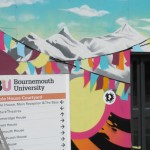 FHSS PhD student awarded Civil Society Scholar Award (CSSA) by the Open Society Foundations
FHSS PhD student awarded Civil Society Scholar Award (CSSA) by the Open Society Foundations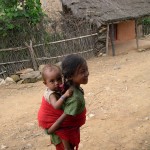 HSC student Jib Acharya wins Santander award
HSC student Jib Acharya wins Santander award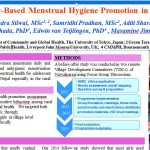 BU poster at First National Conference on Adolescent Health & Development in Nepal
BU poster at First National Conference on Adolescent Health & Development in Nepal










 Read and sign up to BU’s Policy Influence Digest
Read and sign up to BU’s Policy Influence Digest Upcoming opportunities for PGRs – collaborate externally
Upcoming opportunities for PGRs – collaborate externally BU involved in new MRF dissemination grant
BU involved in new MRF dissemination grant New COVID-19 publication
New COVID-19 publication MSCA Postdoctoral Fellowships 2024
MSCA Postdoctoral Fellowships 2024 Horizon Europe News – December 2023
Horizon Europe News – December 2023